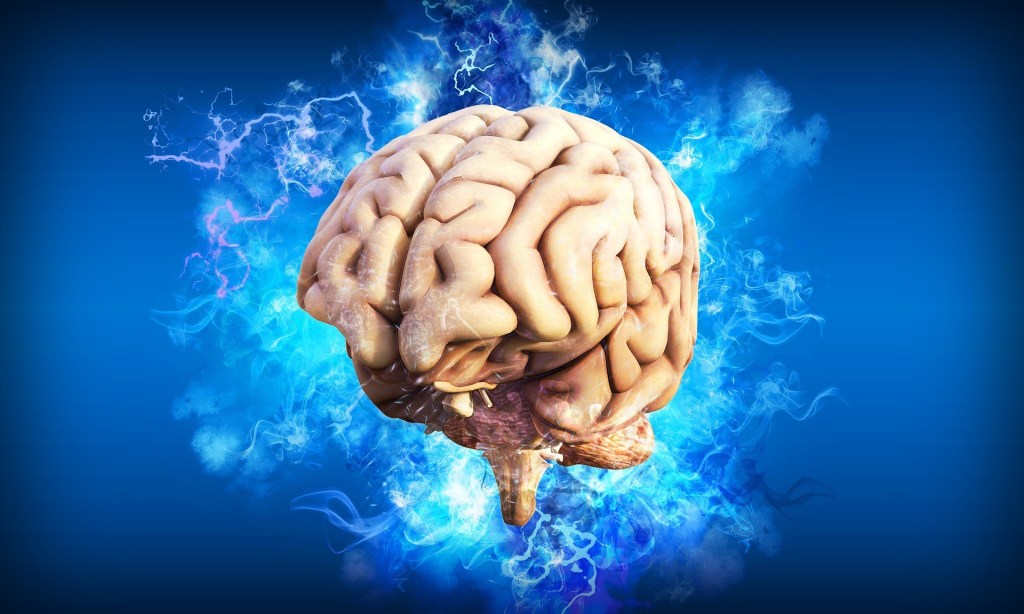Sleep is vital for many reasons, however, new research shows how losing sleep could impact learning and memory functions.
As publicized online in the journal Biological Psychiatry: Cognitive Neuroscience and Neuroimaging, a coalition of American researchers provided new insight into how sleep deprivation disrupts brain function, ultimately increasing the risk of mental illness, like anxiety disorders or post-traumatic stress disorder.
The study implicated 150 adults with no prior history of mental illness. The participants were instructed to stay in a sleep laboratory, where one-third of them underwent a routine sleep, while another one-third of participants had their sleep time-restricted.
A portion of the participants slept only through half the night, while another portion was sleep-deprived, having gotten no sleep. Feat conditioning was initiated at the conclusion of the sleep sessions.
“We assessed the impact of total and partial sleep loss on neural correlates of fear conditioning and extinction learning and recall in healthy young adults,” the study reads.
“At the end of fear conditioning, a night of normal sleep activated medial prefrontal (PFC) regions, sleep restriction activated motor areas and sleep deprivation showed no significant activations. Across extinction learning, only NS activated both salience (fear) and extinction (regulatory) areas,” the co-authors explained in their findings.
“Relative to a night of normal sleep, sleep restrictions may enhance fear- and diminish extinction-related activity, whereas sleep deprivation may delay engagement of extinction learning,” the study concluded.
“Findings may have clinical implications for populations and occupations in which sleep loss is common.”


